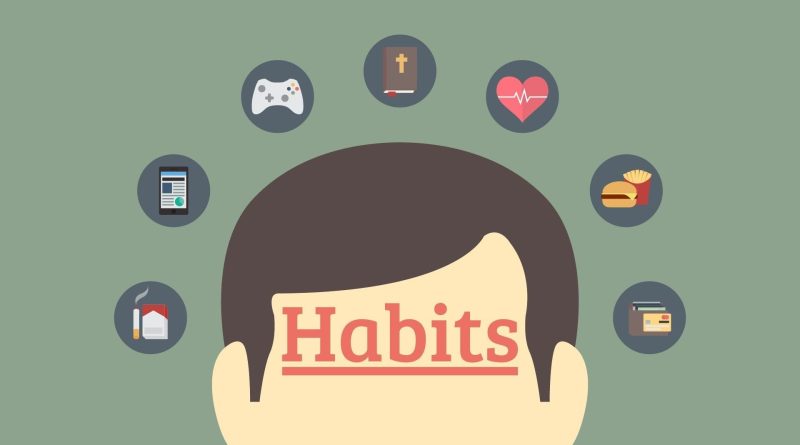Here’s how long science says it really takes to break a habit
From brushing our teeth every day to having a cup of coffee at 11 a.m., we all have a lot of habits that help us get through the day.
Some habits are great, like going to the gym once a week. Others, like smoking a pack of cigarettes a day or calling the pizza place way too often, are not so great.
Because we know which of our habits are good and which are bad, we often try to change them.
There are a lot of apps that can help you make a new habit, and many of them are based on the idea that you only need 21 days.
This number comes from Maxwell Maltz’s Psycho-Cybernetics, a book that was very popular in 1960. Maltz was a plastic surgeon who noticed that it took his patients about 21 days to get used to their new faces.
But a 2009 study found that the time it takes to make a habit isn’t that clear-cut.
Researchers from University College London looked at 96 people’s new habits over the course of 12 weeks. They found that the average time it takes for a new habit to stick is 66 days, but that each person’s time ranged from 18 to a huge 254 days.
The main point of this article is that if you want to change a habit, it will take at least two months, and you shouldn’t give up if three weeks doesn’t work. For most people, that’s just not enough time.
If you do it for a long time, it will become a habit that you can do without thinking.
But what if you want to get rid of a bad habit?
It turns out that making a habit and breaking it can be linked in some ways.
In the book Hopes and Fears, psychologist Timothy Pychyl tells Alison Nastasi that they are two sides of the same coin: “To break a habit, you have to make a new one, a new pre-potent response. The old habit or pattern of responding (a pattern of neuron responses in the brain) is still there, but it is less strong.”
Elliot Berkman, a neuroscientist, says, “It’s much easier to start doing something new than to stop doing something you do all the time without something to replace it.”
“That’s one reason why nicotine gum or inhalers tend to work better than the nicotine patch.”
Experts agree that there is no typical amount of time it takes to break a habit. Instead, the best way to do it depends on the person, their motivation, the situation, and the habit itself.
Berkman says, “People who want to quit a habit for reasons that are in line with their own personal values will change their behavior more quickly than those who do it because of pressure from others or other outside factors.”
Susan Krauss Whitbourne, a professor of psychology, says that sometimes it’s easy to break a bad habit: “In extreme cases, the habit can be broken right away, like if you get violently sick when you inhale cigarette smoke or almost get hit by a bus when you’re texting and walking.”
Most of the time, though, it will take longer than that, and you should probably give it at least two months.
To break a bad habit, you need to think of what will drive you the most and keep you going.
Think of a “replacement behavior” for the habit, but make sure it’s a good one. For example, it’s easy to fall into the trap of replacing smoking with snacking.
And don’t rush. The longer a habit has been a part of your life, the longer it will take to break it.
“Long-term habits are literally built into the brain, so they have a strong effect on behavior,” says Berkman.
“The good news is that people can almost always do something else if they are aware of their bad habit and want to change enough.”
So stay strong, you can do it.



